In 2007, the assassination of Hrant Dink in front of the Agos Newspaper left the country in mourning, but also marked the beginning of a very controversial judicial process. On this page, we will try to address the views and criticisms of the Dink family and their lawyers on the judicial processes that followed the assassination and their quest for justice.
"No matter how old he is. 17 or 27. No matter who the killer is. I know he was once a baby. Nothing can be done, brothers and sisters, without questioning the darkness that creates a killer out of a baby."
Rakel Dink
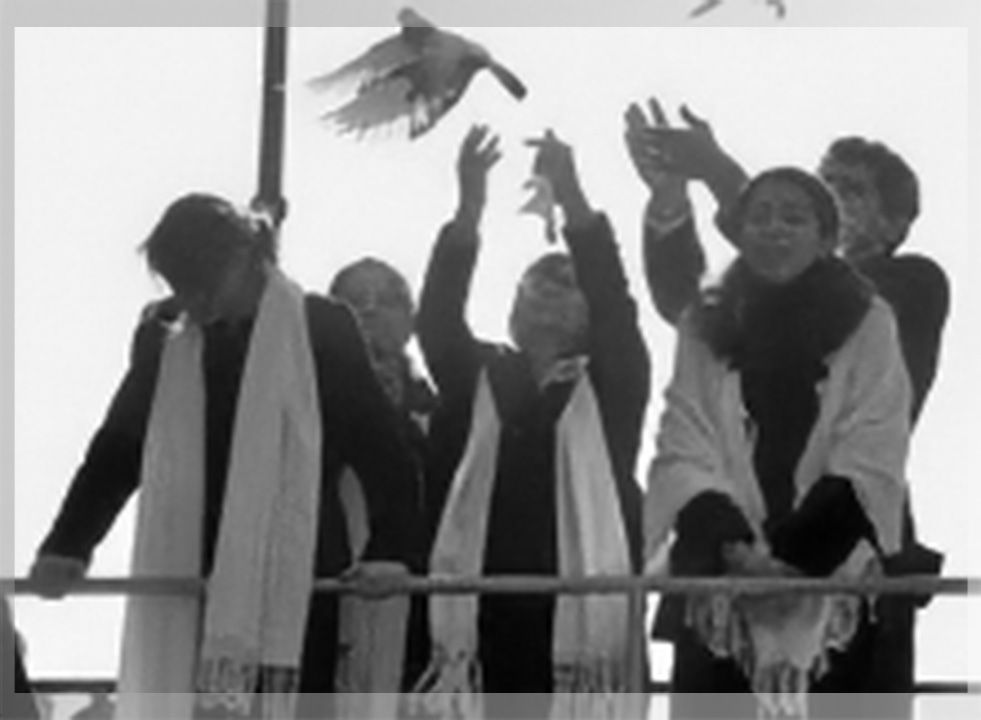
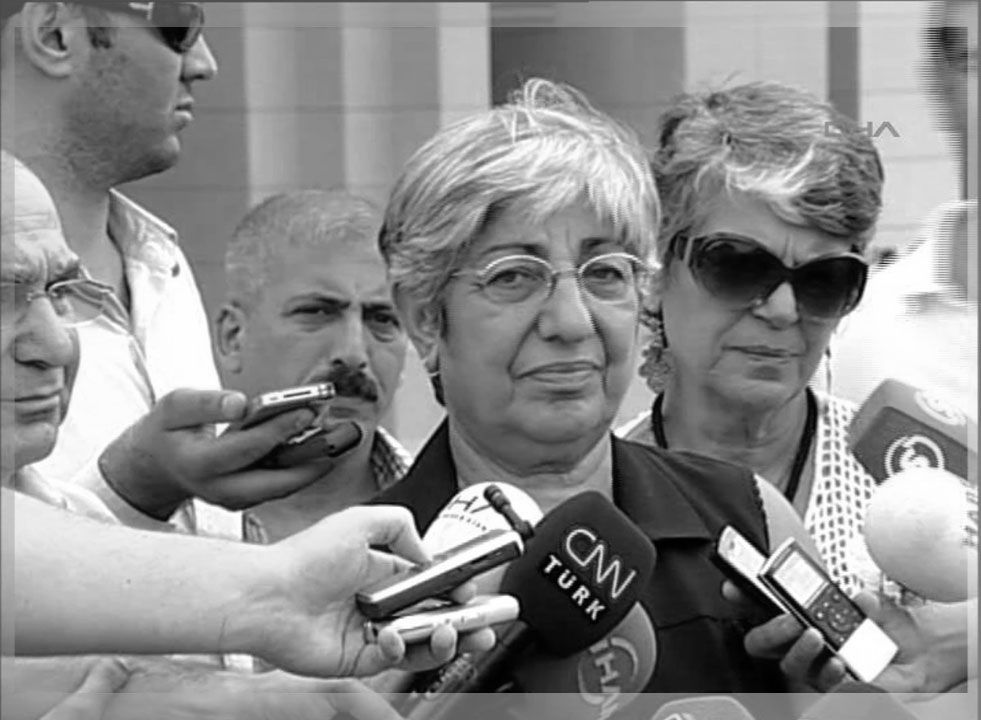
On 2 July 2007, at the first hearing of the case, Fethiye Çetin, the lawyer of the Dink family, made a statement, emphasizing that the investigation should not be limited to the murder,
“Our defense policy will focus on these points. The gang is not just the defendants. It is a very planned and organized gang. The whole gang must be uncovered. The negligence of the gendarmerie and the police in this case is almost willful. They should be investigated and merged with this case.“
Rakel Dink (referring to Ogün Samast, Yasin Hayal and Erhan Tuncel) said “I am not complaining against them, I am complaining against those in the dark, those in the shadows”.
In 2010, Fethiye Çetin and Deniz Tuna, the lawyers of the Dink family, wrote the following statements in the ‘Hrant Dink Murder 3rd Year Report‘
“In the murder of Hrant Dink, the shooters of the murder, those who made him an open target during the preparation process of the murder, those who isolated him in the society, the feet of this plan in the media, the place of the members of the judiciary in this campaign, and those who facilitated the murder by not performing their duties in this process should be handled and evaluated together, their roles in the criminal act and their relations with the organization should be investigated.” The report also states, “Regarding the criminal complaints we filed against Trabzon Police, Trabzon Gendarmerie and Istanbul Police officials before the Istanbul Chief Public Prosecutor’s Office, decisions of non-jurisdiction were made and the investigations sent to the places allegedly in charge resulted in non-prosecution.”
On 25 May 2016, Hakan Bakırcıoğlu, the lawyer of the Dink family, made an individual application to the Constitutional Court regarding the decision of non-prosecution against 24 persons, including Veli Küçük and Kemal Kerinçsiz:
“An effective and fair investigation was not carried out to identify all those responsible for the murder of Hrant Dink, especially public officials, all institutions and organizations of the State failed to show the effort they should have shown for the investigation of the murder, no effective investigation was carried out against the 24 suspects whose names were mentioned in the decision of Istanbul Chief Public Prosecutor’s Office dated 19.10.2015 that there was no ground for prosecution against them, despite the existence of evidence that requires an indictment to be issued against them, the European Court of Human Rights, Bakırköy 8. Court of Assize, Constitutional Court, BTK, DDK reports, and the evidence and facts in the investigation and case file, and that our objection to this decision was rejected unlawfully, and for the reasons and grounds we have explained above, we request a violation decision and a decision to issue an indictment against some of the suspects and to conduct an effective investigation against some of them.“
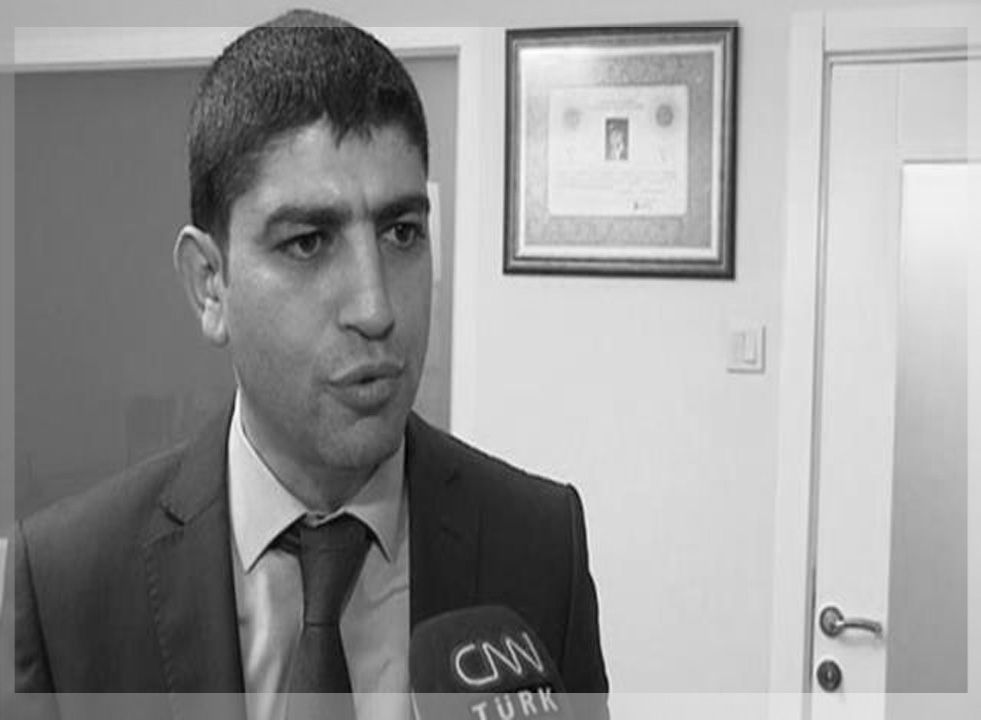
Opinions of the lawyers of the Dink family on the merits of the case against public officials:
“The actions of the officers of Trabzon Provincial Gendarmerie Command, Trabzon and Istanbul Provincial Police Departments and the Department of Intelligence, who were aware of the plan for the murder of Hrant Dink, who were obliged to prevent the murder of Dink due to their duties and positions, and who failed to fulfill this obligation, can never, ever be considered within the scope of negligence of duty. Likewise, the actions of these persons can never, ever be considered within the scope of misconduct in office. The data in the file demonstrates beyond dispute that these individuals “authorized” the murder of Dink and wanted H. Dink to be killed. Therefore, the actions of these individuals constitute the offense of “Committing Intentional Murder with Negligent Behavior” regulated under Article 83 of the TPC.“
On 26 March 2021, the lawyers of the Dink family made a statement after the judgment was announced in the case against public officials:
“The Istanbul Chief Public Prosecutor’s Office had not issued an indictment against a significant part of the state officials who participated in this murder, who were responsible for this murder. And the investigation had not been able to reveal concretely who made the decision to murder and through which processes this murder was carried out. Today’s judgment in this case, the boundaries and scope of which have already been determined, is a judgment that contains serious errors. In 2012, the 14th Court of Assize had also issued a judgment at that time. And this decision was overturned by the Court of Cassation in 2013. Today’s judgment is a decision that does not reveal the murder of Hrant Dink in all its aspects and does not establish a judgement against those responsible. Of course, as an intervening party to this judgment, we will appeal this decision. We will take it to the Court of Appeal and the Court of Cassation. And we will push this process until the end to overturn this decision and to have a fair trial. This decision is an erroneous decision. It is a judgment that has resulted in the wrongful acquittal of many people who were responsible for the murder and whose evidence has been revealed.“
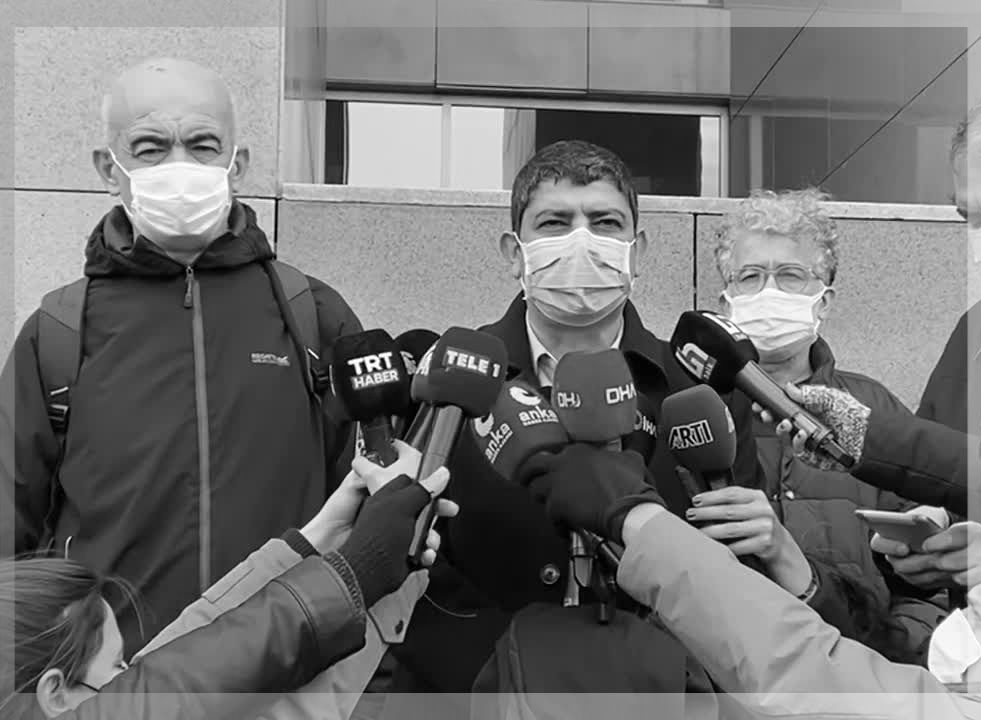
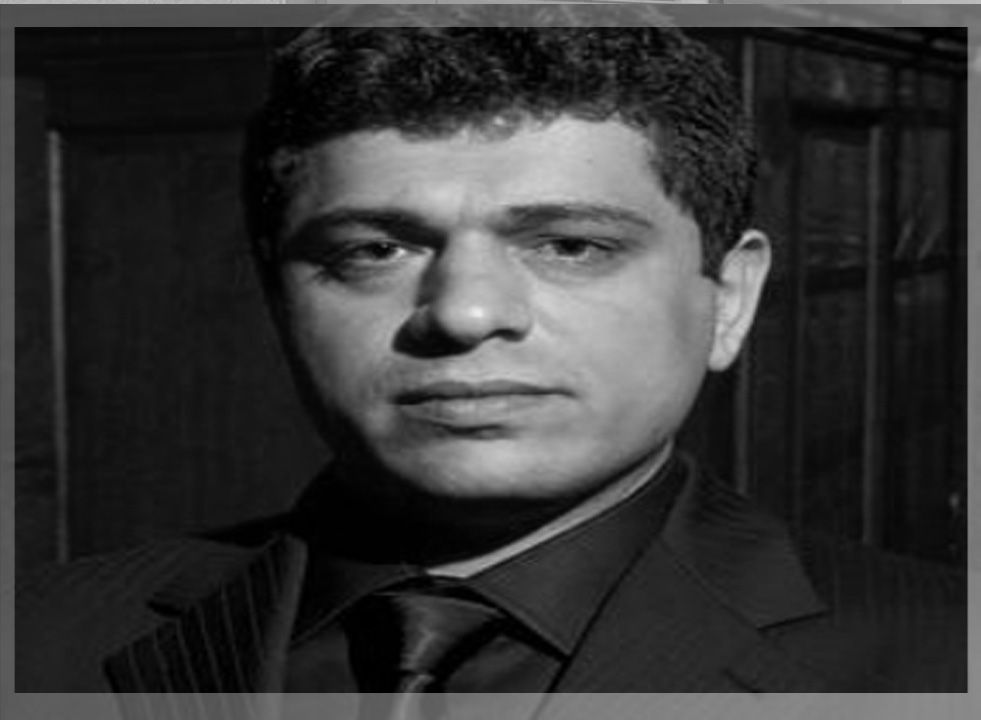
Some of the points Arat Dink made in his article titled ‘The Oddities of the Scales’ published in Agos on 3 August 2021 after the judgment was announced in the case against public officials:
“The public debate at the time at the level of “Did FETÖ or Ergenekon kill him?” has become monotonous today with the effect of the July 15 Coup Attempt. However, there are points pointing in many directions in the judgment. The system’s vague definitions of ‘terror’ and ‘terrorist organization’ do not need to capture our language when analyzing the case. Nevertheless, there may be clues in the judgment that can satisfy the curiosity about the defendants belonging to these two groups, which have different opinions on some issues but common thoughts on others, which correspond to a world of mentality, and therefore have an equivalent in society.
…
The fact that the sentence Metin Yıldız, the then Trabzon Gendarmerie Intelligence Branch Chief, received differed from the sentences received by his subordinates and superiors. As far as we can follow from the file, it seems that Metin Yıldız’s efforts to purge ‘Gulenists’ officials after ‘December 17/25’ influenced the court’s opinion. This could only have been an opinion on membership of an organization (Article 314). However, there is no one in that group who has been sentenced for ‘FETÖ’ membership.
…
While it can be inferred from the court’s narrative that Trabzon Gendarmerie officers had a more active involvement in the murder than the officers of the Department of Intelligence of the General Directorate of Security, the opposite is the case with the sentences. Here the effects of the court’s deductive perspective become apparent.
…
As the judgment reveals, the Istanbul Police Department had no responsibility for the murder. However, if we put the different groups within the police force on two sides of the scales with the evidence in the file, the responsibility of Ramazan Akyürek and Ali Fuat Yılmazer, who received the highest number of sentences in the decision, and the responsibility of Ahmet İlhan Güler seem to compete, to say the least. We cannot find a convincing explanation for this impunity in the file.
…
The court almost goes so far as to claim that Hrant Dink was targeted to displace Ahmet İlhan Güler. The allegations that this case has been used as a tool in a fight between factions within the state that have been known and followed for forty years are getting stronger.
…
Celalettin Cerrah is also a member of the Provincial Protection Commission as Provincial Police Chief. Ahmet İlhan Güler, as Chief of the Intelligence Branch, is responsible for providing information to this commission on the protection of individuals. The file contains examples of how protection measures were taken in other cases. As we have mentioned above, the entire process of ‘targeting and threats’ took place under the watchful eyes of the Istanbul Police and the Istanbul Governorship. Some members of the police even sent Hrant Dink’s writings to the prosecutor’s office and asked them to examine whether there were any criminal elements in them.
…
Another noteworthy issue on the police side is that Engin Dinç, a member of the Trabzon group, has never been sentenced. Engin Dinç was a controversial figure in terms of being on active duty for most of the trial and providing data to the case. Another noteworthy issue is the impunity of Reşat Altay. He was one of the first names to be dismissed after the murder. The past of the Trabzon Provincial Police Chief was much mentioned in the press; Altay was a key administrator in a province where so many illegal actions by the Gendarmerie and the Police were taking place.
…
Of all the public officials, only one civilian was convicted. There were already three people on trial. The reason why these people, who are named as ‘journalists/publishers’ in the table, took part in the trial is because of their publications about the footage that ‘surfaced’ in Samsun within the framework of FETÖ’s plot. Since the court did not find any crime in these two people, let’s talk about Ercan Gün, the only person who was sentenced. I have read so many files, I still don’t understand what Ercan Gün’s crime is. What he did seems like journalism to me.
…
To summarize, in this historic judgment, the scales of justice seem to have been tipped by some other gravitational forces besides the usual laws of gravity.“
The lawyers of the Dink family applied to the Constitutional Court on 25 July 2023, stating that their requests were not taken into consideration by the Court of Cassation after the judgments given in the case against public officials were upheld by the Court of Cassation:
“The applicant (Dink Family Lawyers) applied to the Court of Appeal on 03.09.2021 with the request of ” annulment of the acquittal and dismissal decisions” given by the Court. The essence of the request; Istanbul 14th Court of Assize did not conduct a trial to reveal all aspects of the murder of Hrant Dink, our requests for the expansion of the prosecution were rejected, and the defendants on trial, primarily Celalettin Cerrah, Ahmet İlhan Güler, Reşat Altay, Engin Dinç, Ercan Demir, Muhittin Zenit, Sabri Uzun, Metin Yıldız, Cevat Eser, Ünsal Gürel, Hüseyin Yılmaz, Ergün Yorulmaz and Hacı Ömer Ünalır should have been sentenced in accordance with Article 81 of the Turkish Penal Code or Article 83 of the Turkish Penal Code, but the court acquitted them. Although the court sentenced some of the defendants to be punished for murder, the court acquitted and dismissed the defendants Celalettin Cerrah, Ahmet İlhan Güler, Reşat Altay, Engin Dinç, Ercan Demir, Muhittin Zenit, Sabri Uzun, Metin Yıldız, Cevat Eser, Ünsal Gürel, Hüseyin Yılmaz, Hacı Ömer Ünalır and Ergün Yorulmaz, who had “SAME DUTIES AND OBLIGATIONS”. The confirmation of these decisions by the Court of Cassation clearly results in impunity and violates the right to life due to the lack of an effective investigation. Both the requests rejected by the court and the acquittals and dismissals of some of the defendants (and their upholding by the Court of Cassation) are therefore violations of Articles 17, 74 of the Constitution and Articles 2, 3 and 13 of the ECHR.“
Hrant’s Friends made a statement on 16 November 2023 upon the release of Ogün Samast, the perpetrator of the murder, 17 years after the murder:
“While the murder of Hrant Dink has still not been clarified and those responsible for the murder have not been revealed; while many of our friends, rights defenders, journalists and politicians are being held in prisons unjustly and unlawfully, Hrant Dink’s murderer Ogün Samast has been released. We knew it, we were voicing it, but with this latest development it has been confirmed: There is no justice! No conscience! No fairness! They are strengthening those who look us in the eye and say ‘kill’, this darkness that creates a murderer from a baby! We will not let it go, we will not forget, we will continue to say ‘those who protect murderers are accomplices to murder’. This case will not end until we say it is over!“
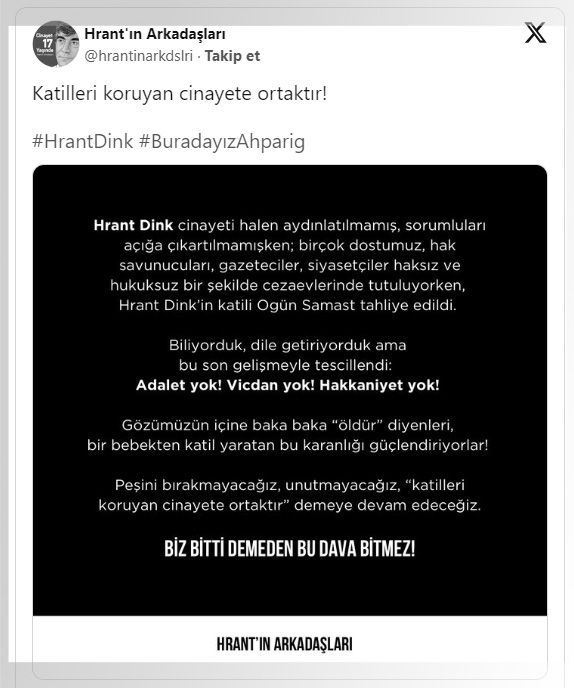
On 10 January 2024, at the hearing of the new trial, the lawyers of the Dink family submitted the following requests
“Based on the reasons we have explained in detail in our previous petitions to the case file of your court, since it is a very clear fact that this murder cannot be illuminated in all aspects without illuminating the process leading to the murder;
By writing to the Chief of General Staff; “Why and how it was decided to make the press release dated 22.02.2004 on the website of the Chief of General Staff, what was the purpose of this article, who called Şenkal Atasugun from the Chief of General Staff, why he was asked to meet with Hrant Dink, whether a written document regarding this request was forwarded to the Undersecretariat of MIT and what was the purpose of this meeting, 24.02.2004, and whether the report sent to the Undersecretariat of National Intelligence Service (MIT) after the meeting with Hrant Dink at the Istanbul Governor’s Office on 24.02.2004 has been forwarded to their institutions” and to request that all documents and information available in their institutions regarding the meeting with Hrant Dink at the Istanbul Governor’s Office be sent,
On 24.02.2004, to hear Hüseyin Kubilay Günay, Özel Yılmaz and Handan Selçuk as witnesses regarding the meeting with Hrant Dink at the Governorship of Istanbul,
We request that Muzaffer Gargar, Mustafa Sabri Şahin, Süleyman Kartal, Uğur Ay, Uğur Ay, Hüseyin Tan and Ergün Çağatay, who were in the circle of Yasin Hayal, be called as witnesses because they have information about the Me Donalds action and the Hrant Dink murder.”
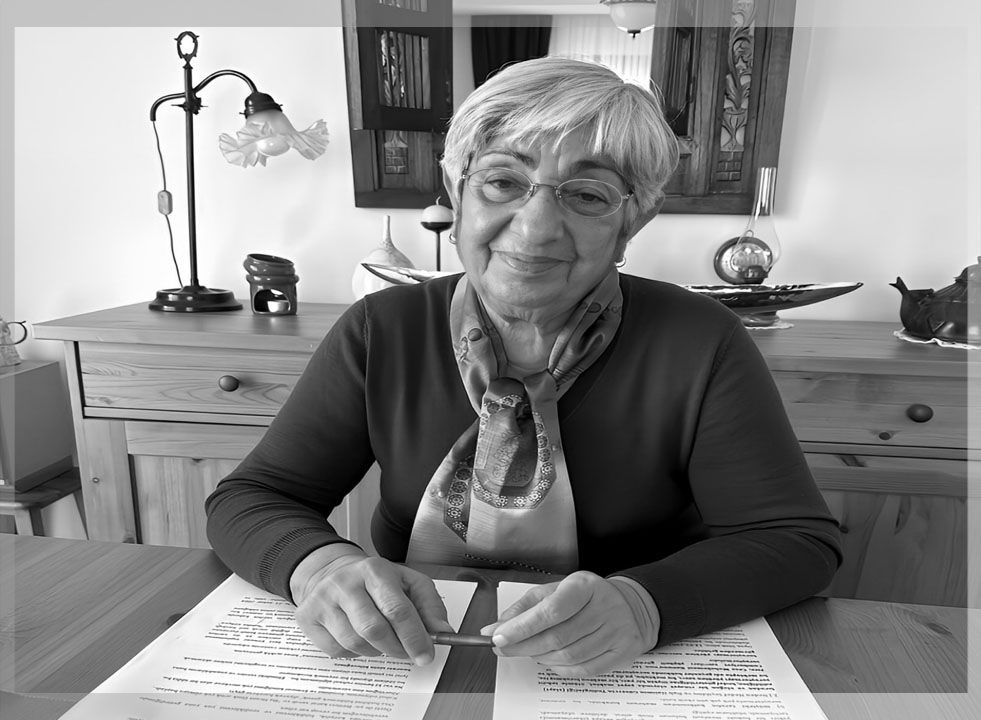
Dink family lawyer Fethiye Çetin said in an interview on 15 January 2024:
“If the murder is a FETÖ plot and the Istanbul Police Department does not know about it, then why doesn’t the Istanbul Police Department do what it is supposed to do, take measures against threats? Why don’t they prevent the murder? I do not accept the argument that this murder is only a congregation operation. This is a perception operation. In my opinion, the murder of Hrant Dink was the work of a ‘Special Military Service’. And the warring factions within the state did not find Hrant Dink worth protecting and this is how it ended. Right now they are trying to make us believe that it is only the work of the congregation because that is where the wind is blowing. We don’t know where it will come from tomorrow.“
At the 2024 commemoration, Hrant’s Friends described the trial process as a “spectacle played out in the name of a trial” and stated that they were “crying out in protest”.
The struggle of the Dink family and their lawyers reflects not only one family’s quest for justice, but also Turkey’s deep conflicts over democratic values and human rights. The release of the perpetrator of the assassination, Ogün Samast, and the judgments against public officials, while inflicting deep wounds on the public understanding of justice, also emphasize the need for the rule of law and an independent judiciary.

